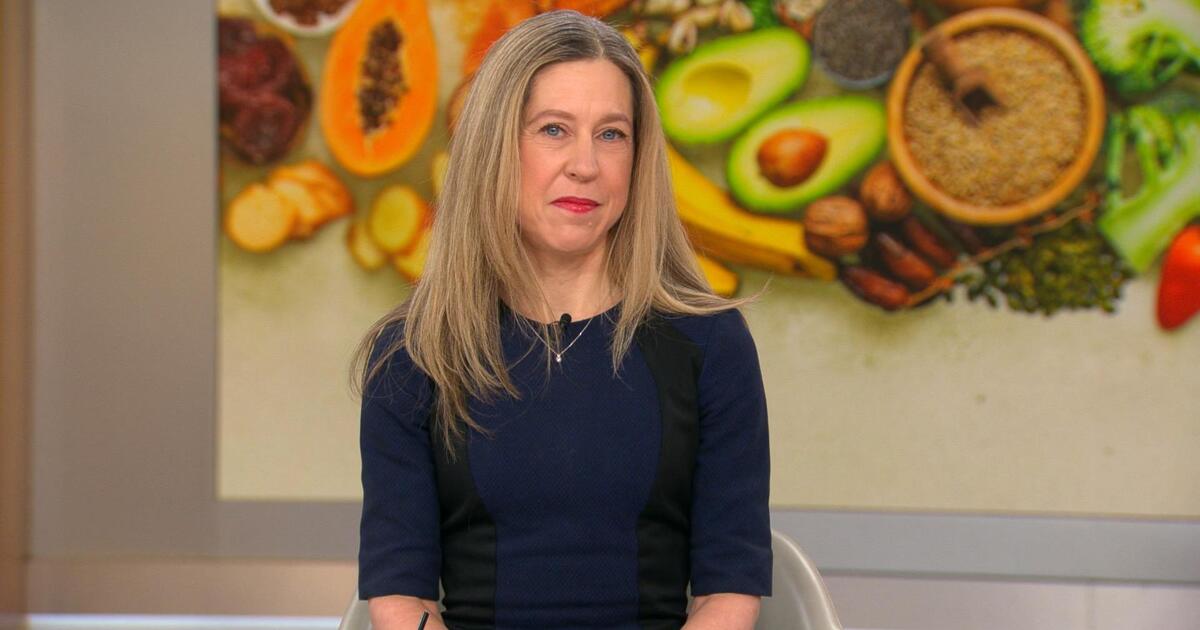Unlocking the Connection: How Your Diet Influences Sleep Quality
When it comes to achieving a good night’s sleep, most people focus on factors like stress management, sleep environment, and bedtime routines. However, one critical aspect that often gets overlooked is diet. The connection between nutrition and sleep quality is more significant than many realize. Your daily food choices can profoundly impact your sleep patterns and overall rest, leading to a healthier lifestyle. In this article, we’ll explore how various dietary components influence sleep and offer expert insights into optimizing your nutrition for better sleep.
The Science of Sleep and Nutrition
Sleep is a complex biological process regulated by numerous factors, including hormones, neurotransmitters, and circadian rhythms. Nutrition plays a vital role in this process, as certain foods can either promote or hinder quality sleep. For instance, the neurotransmitter serotonin, which regulates sleep, is produced from the amino acid tryptophan found in protein-rich foods. Consuming a balanced diet that includes carbohydrates, proteins, and fats can help facilitate the production of sleep-inducing hormones.
Moreover, specific vitamins and minerals are essential for maintaining a healthy sleep cycle. Magnesium, for example, is known for its calming effects on the nervous system, while vitamin B6 is crucial for converting tryptophan into serotonin. Therefore, understanding how your diet influences sleep quality is crucial for anyone looking to improve their nightly rest.
Foods That Promote Good Sleep
Incorporating specific foods into your diet can significantly enhance your sleep quality. Here are some noteworthy options:
- Complex Carbohydrates: Whole grains, oats, and brown rice can help increase insulin levels, which in turn allows tryptophan to enter the brain more easily. Consider having a bowl of oatmeal or whole-grain toast as part of your evening routine.
- Lean Proteins: Foods like turkey, chicken, and fish are rich in tryptophan and can promote better sleep. Including these in your dinner can aid in the production of melatonin, the sleep hormone.
- Dairy Products: Milk, yogurt, and cheese contain calcium and tryptophan, both of which contribute to better sleep. A glass of warm milk before bed might be a classic remedy for a reason!
- Fruits and Vegetables: Bananas, cherries, and leafy greens are excellent choices. Bananas are rich in magnesium and potassium, which can relax muscles, while cherries are a natural source of melatonin.
Foods That Disrupt Sleep Quality
On the flip side, certain foods and beverages can severely impact sleep. It’s essential to be mindful of these culprits:
- Caffeine: Found in coffee, tea, and some sodas, caffeine is a well-known stimulant. Consuming it in the afternoon or evening can delay sleep onset and reduce sleep quality.
- Alcohol: While it might seem like a nightcap could help you fall asleep faster, alcohol can disrupt sleep cycles and prevent deep sleep, leading to a restless night.
- Heavy or Spicy Foods: Eating large meals or spicy dishes close to bedtime can cause discomfort and indigestion, making it harder to fall asleep.
- Sugary Snacks: High sugar intake can lead to energy spikes and crashes, potentially interfering with your ability to stay asleep.
The Role of Timing in Diet and Sleep
It’s not just what you eat, but also when you eat that can influence sleep quality. Experts recommend adhering to a regular meal schedule and avoiding large meals close to bedtime. A good rule of thumb is to finish eating at least two to three hours before going to bed. This allows your body to digest the food properly and minimizes the chances of discomfort during sleep.
Additionally, consider the timing of your caffeine and alcohol intake. Limiting caffeine to the morning and early afternoon and avoiding alcohol in the hours leading up to bedtime can help enhance your sleep quality.
Hydration and Sleep
Staying hydrated is crucial for overall health, but it can also affect your sleep quality. While it’s essential to drink enough fluids throughout the day, overhydration before bed can lead to frequent trips to the bathroom during the night, disrupting your sleep cycle. Aim to hydrate adequately during the day and limit fluid intake in the hours leading up to bedtime.
Creating a Sleep-Friendly Diet
To optimize your diet for better sleep quality, consider the following strategies:
- Plan Balanced Meals: Ensure your meals include a mix of complex carbohydrates, lean proteins, and healthy fats. This balance helps stabilize blood sugar levels and promotes the production of sleep-related hormones.
- Snack Wisely: If you need a late-night snack, opt for something light and sleep-promoting, like a banana with almond butter or a small bowl of yogurt with cherries.
- Keep a Food and Sleep Diary: Tracking what you eat and how well you sleep can help identify patterns and triggers that impact your rest.
Consulting Experts for Personalized Advice
For those struggling with sleep issues, consulting a healthcare professional, such as a registered dietitian or a sleep specialist, can provide personalized guidance. They can help assess your dietary habits, lifestyle factors, and sleep patterns to develop a tailored plan aimed at improving your sleep quality.
Conclusion
Unlocking the connection between your diet and sleep quality can lead to significant improvements in your overall well-being. By making informed food choices and timing your meals wisely, you can enhance your sleep patterns and enjoy more restful nights. Remember, the journey to better sleep begins with the choices you make during the day. Prioritize nutrition, and watch as your sleep transforms for the better.
With this newfound knowledge, you have the tools at your disposal to pave the way for more rejuvenating sleep. Embrace the power of nutrition, and unlock the restful nights you’ve been dreaming of!
See more WebMD Network



